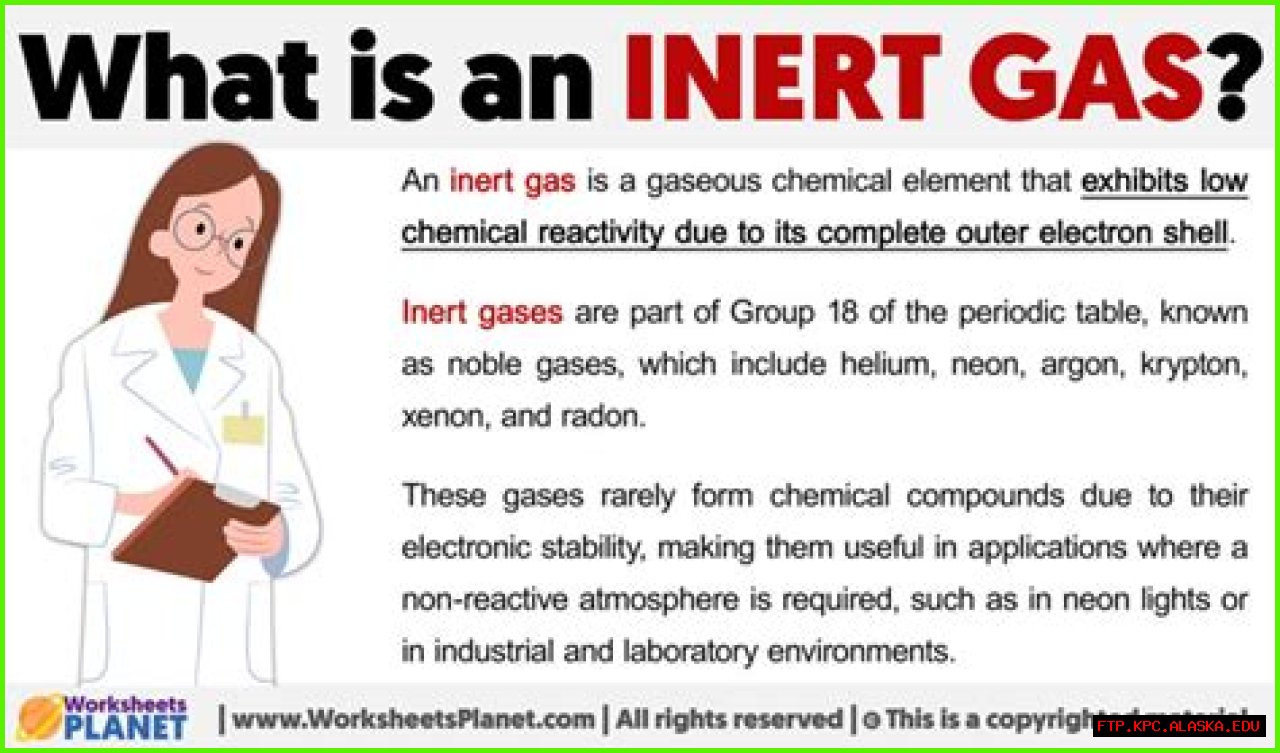Inert matter meaning refers to substances that do not undergo chemical reactions under a set of given conditions. This term is crucial in various scientific fields, including chemistry, physics, and environmental science. In this article, we will delve deeply into the definition, characteristics, and examples of inert matter, providing a thorough understanding of its significance.
Inert matter plays a vital role in numerous applications, from industrial processes to environmental studies. Understanding its properties helps researchers and professionals make informed decisions in their respective fields. Additionally, we will explore the implications of inert matter in the context of ecological sustainability and technological advancements.
As we navigate through the sections of this article, we will provide valuable insights that will enhance your comprehension of inert matter. This guide aims to equip you with the necessary knowledge to appreciate the importance of inert matter in both natural and industrial contexts.
Definition of Inert Matter
Inert matter is defined as any substance that does not readily react with other substances. This lack of reactivity can be attributed to the stable electronic configuration of the atoms within the substance. In general, inert materials include noble gases like helium, neon, argon, krypton, xenon, and radon, which exhibit minimal chemical activity due to their full electron shells.
👉 For more insights, check out this resource.
Characteristics of Inert Matter
Understanding the characteristics of inert matter is essential for identifying its applications and implications. Some key characteristics include:
- Low Reactivity: Inert matter does not participate in chemical reactions under normal conditions.
- Stability: The atomic structure of inert matter is stable, leading to its non-reactive nature.
- Non-toxic: Many inert materials are non-toxic and safe for various applications.
- Physical State: Inert matter can exist in solid, liquid, or gaseous states.
Examples of Inert Matter
Inert matter can be found in various forms. Some common examples include:
👉 Discover more in this in-depth guide.
- Noble Gases: Helium, Neon, Argon, Krypton, Xenon, and Radon.
- Metals: Certain metals like gold and platinum are considered inert due to their resistance to corrosion and oxidation.
- Silica: Silicon dioxide, often found in sand, is another example of an inert material.
Applications of Inert Matter
The applications of inert matter are diverse and impactful across various fields. Here are some notable applications:
- Industrial Uses: Inert gases are used in welding and manufacturing to create an oxygen-free environment.
- Pharmaceuticals: Inert substances are often used as fillers in medications.
- Environmental Science: Inert materials can be used in pollution control and waste management.
Inert Matter vs. Reactive Matter
Understanding the differences between inert matter and reactive matter is crucial for various scientific applications.
- Reactivity: Inert matter remains stable while reactive matter readily participates in chemical reactions.
- Applications: Reactive materials often have more applications in chemical synthesis compared to inert materials.
- Safety: Inert materials are generally safer to handle than reactive substances.
Environmental Implications of Inert Matter
Inert matter has significant environmental implications. Its stability and non-reactivity can contribute to ecological balance. For example:
- Soil Composition: Inert materials like silica contribute to soil structure and fertility.
- Pollution Control: Inert matter can help immobilize hazardous substances in waste management.
Technological Impacts of Inert Matter
Inert matter plays a vital role in technological advancements:
- Space Exploration: Inert gases are utilized in spacecraft to create controlled environments.
- Electronics: Inert materials are used in semiconductor manufacturing to ensure purity and stability.
Conclusion
In summary, the meaning of inert matter encompasses a wide range of substances that lack reactivity under standard conditions. Understanding its characteristics, examples, applications, and implications is crucial across various fields. By appreciating the role of inert matter, we can harness its properties for industrial, environmental, and technological advancements.
If you found this article informative, consider leaving a comment below or sharing it with others interested in learning about inert matter. For more insightful articles, feel free to explore our website further.
We hope this guide has enhanced your understanding of inert matter meaning and its significance in various domains. Thank you for reading, and we look forward to seeing you again!
Understanding Google Rank Checker: Your Main Guide To Success In SEOGoogle Keyword Position Checker: A Complete Guide To Improving SEO StrategiesFind Your Website On Google: Detailed Guide
